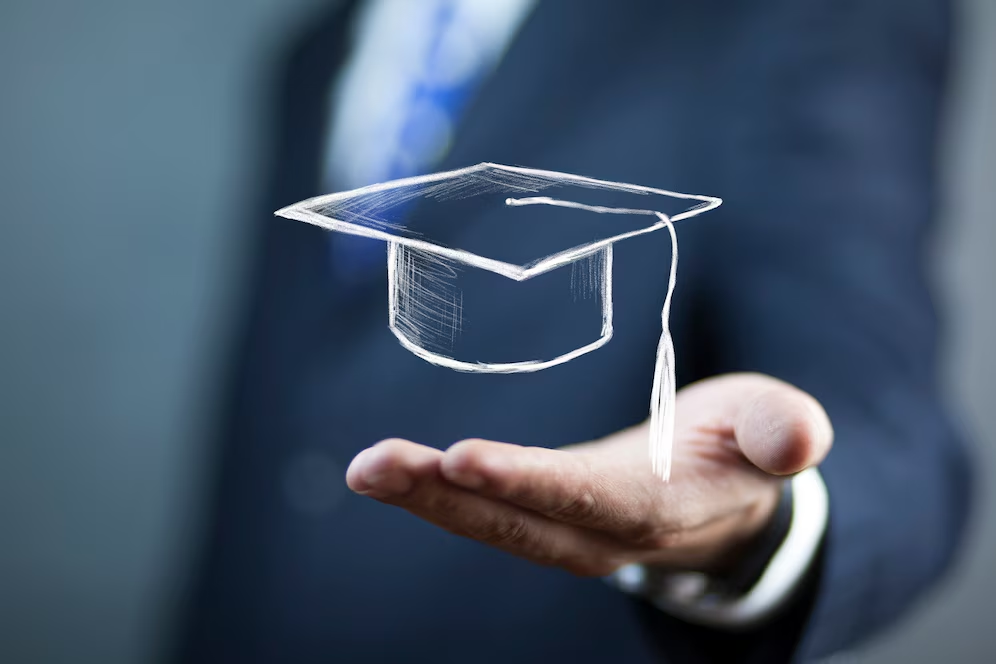Blogs

Why Education is More Than Just Textbooks
When we hear the word “education,” most people immediately think of textbooks, exams, classrooms, and grades. While these are important parts of formal education, true education goes far beyond memorizing chapters and scoring marks. In today’s changing world, it’s essential to understand that education is a lifelong journey of learning, growing, and developing into a better version of ourselves — both academically and personally.
1. Learning Life Skills
In the digital age, education is no longer limited to classroom walls. With access to smartphones and the internet, anyone can learn anytime, anywhere. Platforms like Khan Academy, Coursera, NPTEL, and YouTube offer countless courses and tutorials, many of which are free. These resources make it easier for students to explore their interests, learn at their own pace, and gain skills relevant to their future careers.
2. The Role of Technology and Online Learning
Employers today seek candidates with practical expertise rather than just theoretical knowledge. Fields like IT, business, healthcare, design, and marketing prioritize professionals who can apply their skills effectively. Skill-based diploma courses ensure that students gain hands-on experience through projects, case studies, and industry collaborations.
From learning to code, mastering a new language, to even understanding financial literacy – online education is a powerful tool that’s changing how we learn. It empowers learners from all backgrounds, especially those in remote areas or those who cannot afford expensive coaching or college fees.
3.Holistic Education MattersI
The goal of education should be holistic development — not just producing toppers, but responsible, creative, and empathetic individuals. Activities like art, sports, music, drama, and social service help students discover their talents, reduce stress, and improve confidence. These also build a sense of teamwork, discipline, and leadership.
Moreover, value education, like honesty, kindness, respect, and responsibility, is just as important as academic knowledge. A truly educated person is someone who respects others, understands social issues, and contributes positively to society.
4. The Future of Learning
As the world continues to evolve, so does education. Skills like adaptability, digital literacy, creativity, and innovation are becoming more important than ever. The future will not just require people who can follow instructions, but those who can think independently and solve real problems.
Conclusion
Education is a beautiful journey — not a race to the finish line. It’s about growing as a human being, developing wisdom, and using our knowledge to improve not only our own lives but also the world around us. So, whether it’s inside a classroom, through online platforms, or through life experiences, keep learning.
Because education doesn’t end with a degree — it begins with curiosity.


